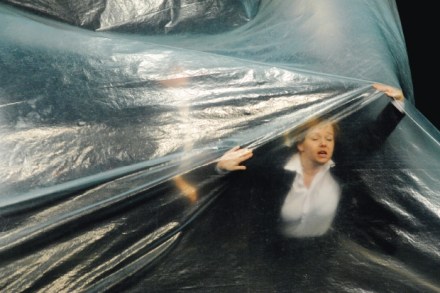Winter wonderland | 19 November 2015
Kenneth Branagh opens his West End tenancy with Shakespeare’s inexplicably popular The Winter’s Tale. We start in Sicily where Leontes and his queen Hermione are entertaining Polixenes, the king of Bohemia. The design is heavily Germanic. Crimson drapes shroud the grey marble columns. A massive fir tree, twinkling with candlelight, is rooted in an ornamental toboggan. Everyone swishes about in thick, elegant Victorian costumes. The sets, by Christopher Oram, aren’t just lovely to look at, their detailed perfection is almost heartbreaking. And Neil Austin’s lighting would have won gasps of admiration from David Lean. The only fault is that it all seems overcontrived. An orchestral score intensifies the emotional colouring


















